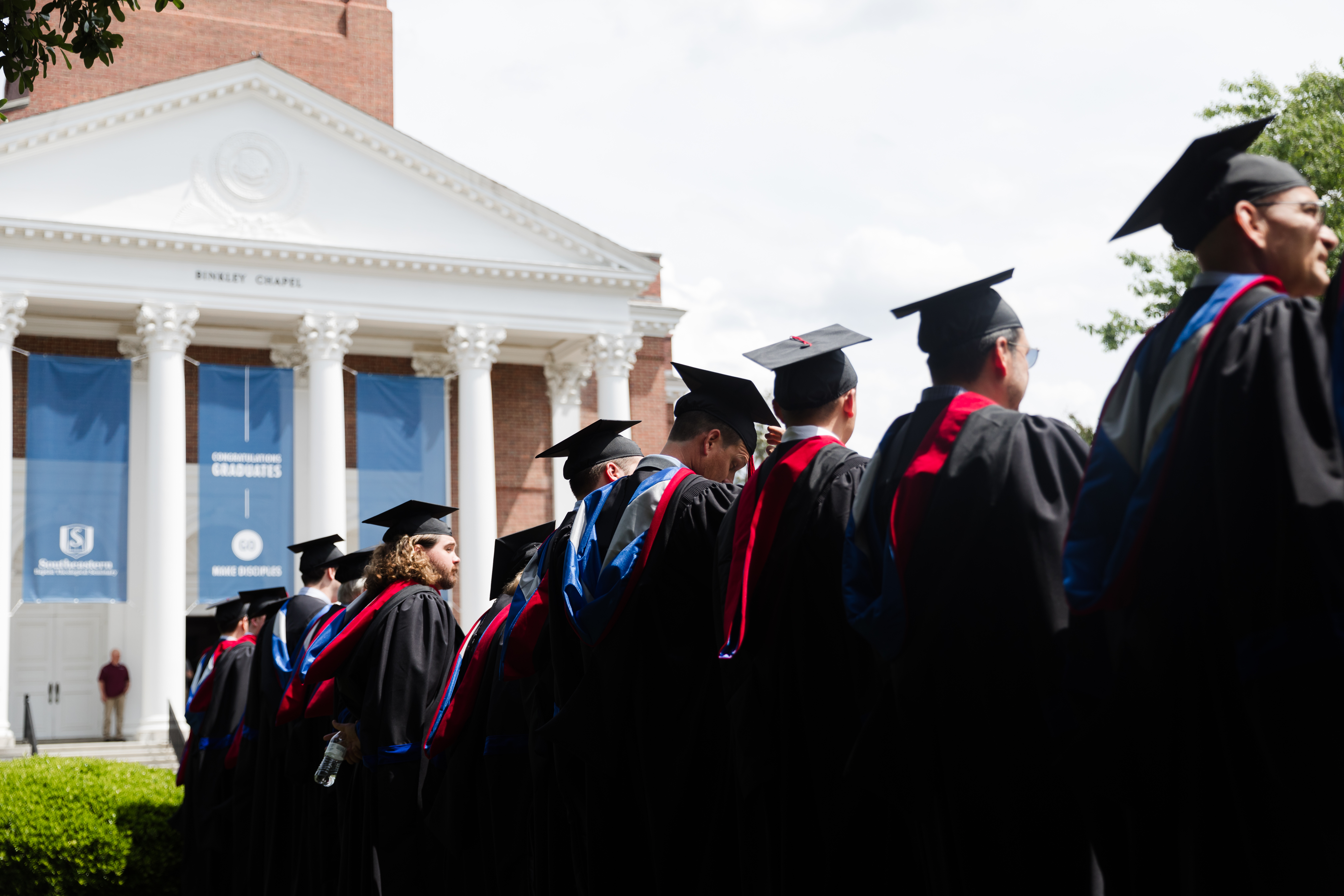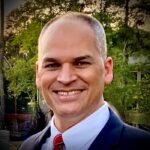Politics and the Human Heart
Politics, at its core, reflects how the deepest loves of the human soul shape society on this side of heaven. As Augustine argued in Book XIV of City of God, “Accordingly, two cities have been formed by two loves: the earthly by the love of self, even to the contempt of God; the heavenly by the love of God, even to the contempt of self. The former, in a word, glories in itself, the latter in the Lord. For the one seeks glory from men; but the greatest glory of the other is God, the witness of conscience.”
Later, in Book XIX, Augustine makes it clear that he is not advocating withdrawal from earthly life. Instead, he affirms the importance of active participation in the affairs of the earthly city. “The Heavenly City, while it sojourns on earth, calls citizens out of all nations, and gathers together a society of pilgrims of all languages. It takes no account of any difference in customs, laws, and institutions, by which earthly peace is secured and maintained. Rather, it preserves and follows them, so long as they do not hinder the religion which teaches that the one supreme and true God is to be worshipped.” Here, Augustine affirms the primary citizenship of believers as heavenly, as did Paul in Philippians 3:20, even as he argues for the importance of stewarding our earthly citizenship.
He argues for a political order whereby the activities of human beings can result in human flourishing—not despite, but because of the “customs, laws, and institutions” that help create the conditions that in turn make true flourishing possible. The key to such flourishing comes as Augustine goes out of his way to express the importance of worshipping the “one supreme and true God.” Religious liberty, therefore, is a necessary condition for the kind of flourishing he describes.
Why Avoiding Politics Is Not the Answer
However, as citizens of both heaven and earth, we must be willing to confront evil in order for a meaningful culture of religious liberty to take root. Ephesians 6:12 says “we battle not against flesh and blood, but against spiritual forces…” When we avoid political conversations in church to maintain a false sense of harmony, we surrender cultural territory to the enemy. As the 18th century, Anglo-Irish statesman and political philosopher Edmund Burke famously wrote, “Evil prevails when good men do nothing.”
Many of us North American evangelicals tend not to take evil as seriously as we should, especially compared to brothers and sisters who are suffering precisely because they have taken a stand for their faith in Christ. We want a non-controversial, convenient Christianity. And we can justify this kind of faith most easily by turning a blind eye to this-worldly evil and suffering to fix our gaze above and claim our heavenly citizenship. The enemy’s strategy is to keep “nice Christians” comfortable and inward-focused on their own tribe. Just to be clear, I am not arguing for pastors to endorse political candidates from the pulpit, for example. But if the enemy can instill within the believer a mindset of insularity, then he does not have to worry too much about how effective that Christ-follower will be in terms of carrying out the cultural mandate or the Great Commission mandate.
The False-Cause Fallacy
Let us return to my claim about the false-cause fallacy. One commits this informal logical fallacy when he or she mistakenly assumes one event has causal implications on another event simply because they happen sequentially. In this case, the claim is that churches are experiencing division because politics as topic is by nature inherently divisive. Therefore, politics is the cause of division in our churches. Right? No. Here is why we cannot draw this conclusion. Politics is downstream from culture. Culture in turn is, as Dennis Greeson and Benjamin Quinn have pointed out, “the ways of products of creatures in creation.” These ways and products are an outcome of our worldviews. And, ultimately, those worldviews are based on spiritual realities that find their home in the human heart. They are non-physical, but they are just as real as my house, my job, my family, the dinner I ate last night, and the hose water I drank as a kid growing up in the 80’s.
A sinful human heart can distort the significance of any of those other realities just as surely as it can distort the significance of politics and how I cast my ballot in the voting booth. Why does politics feel so relationally risky? I will answer that question with a question: to what extent do political issues force us to confront some of our deepest insecurities and the defensive walls we build around them? We must engage the public square well to be found faithful stewards of the world God has given us while remembering our ultimate hope is in Christ, not in any earthly government or political system. So, politics itself is not what divides us. Sinful human hearts are the culprit. May the Lord guard our hearts with all vigilance, for “from it are the sources of life.” Prov. 4:23.
Questions to ask:
- When the subject of politics comes up with other believers, how likely am I to engage in the dialogue? How likely am I to try to avoid the discussion?
- To what extent might politics be frightening territory for me? Why? How might I bring this fearful posture to Lord?
- To what extent might political topics be an idol for me or someone I know well? In what or whom am I placing my ultimate hope?
- When I engage in discussions about politics, what are my fundamental motivations—to build up the body of Christ, or to tear down?





No comments have been added.